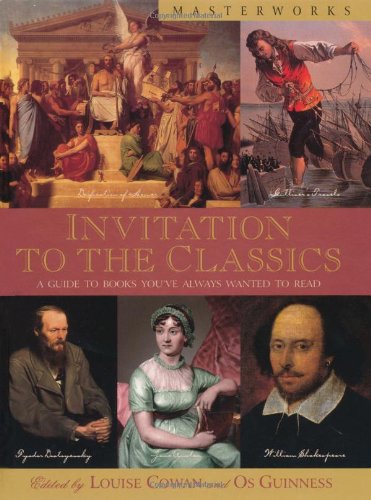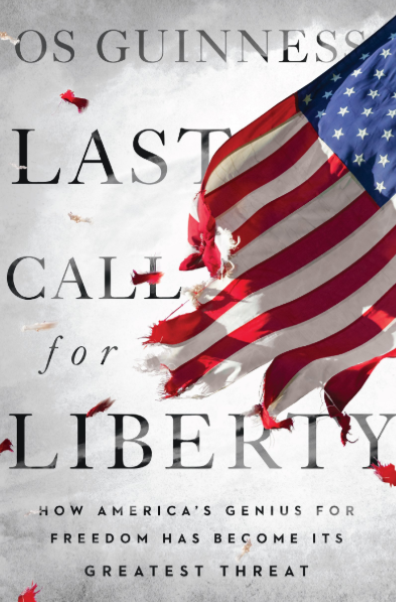The buzz among evangelicals today is about relevance and reinvention, about new ways of “doing church” through revising, innovating, borrowing, mixing, and experimenting. Yet, says Os Guinness, in our uncritical pursuit of relevance, Christians have actually become irrelevant. By our determined efforts to redefine ourselves in ways that are more in line with the modern world than are faithful to Christ, we have lost not only our identity but our authority and significance. Prophetic Untimeliness addresses this issue by giving practical, constructive solutions for living with integrity in the midst of modern pressures. Guinness explores what it means to be both faithful and relevant, and how to be truly relevant without being trivial or trendy. Readers will be challenged to develop “resistance thinking,” an approach inspired by C. S. Lewis that balances the uncomfortable truths of the gospel with the pursuit of relevance. Only by being true to Christ and living with integrity and wisdom will we meet the needs of a world that is hungry for some really good news.

The Case for Civility: And Why Our Future Depends on It
In a world torn apart by religious extremism on the one side and a strident secularism on the other, no question is more urgent than how we live with our deepest differences—especially our religious and ideological differences. The Case for Civility is a convincing and timely proposal for restoring civility in America.

Invitation to the Classics (Masterworks)
Invitation to the Classics (Masterworks) Baker Books
Guinness and Louise Cowan gather over 50 brief essays by a number of respected Christian literary scholars that extend invitations to readers to experience anew or for the first time the wonder and the beauty of selected classics.

Last Call for Liberty: How America’s Genius for Freedom Has Become Its Greatest Threat
The hour is critical. The American republic is suffering its gravest crisis since the Civil War.Conflicts, hostility, and incivility now threaten to tear the country apart. Competing visions have led to a dangerous moment of cultural self-destruction. This is no longer politics as usual, but an era of political warfare where our enemies are not foreign adversaries, but our fellow citizens.
Yet the roots of the crisis are deeper than many realize. Os Guinness argues that we face a fundamental crisis of freedom, as America’s genius for freedom has become her Achilles’ heel. Our society’s conflicts are rooted in two rival views of freedom, one embodied in “1776” and the ideals of the American Revolution, and the other in “1789” and the ideals of the French Revolution. Once again America has become a house divided, and Americans must make up their minds as to which freedom to follow. Will the constitutional republic be restored or replaced?
This grand treatment of history, civics, and ethics in the Jewish and Christian traditions represents Guinness’s definitive exploration of the prospects for human freedom today. He calls for a national conversation on the nature of freedom, and poses key questions for concerned citizens to consider as we face a critical chapter in the American story. He offers readers a checklist by which they can assess the character and consequences of the freedoms they are choosing.
In the tradition of Alexis de Tocqueville, Guinness provides a visitor’s careful observation of the American experiment. Discover here a stirring vision for faithful citizenship and renewed responsibility, not only for the nation but also for the watching world.
